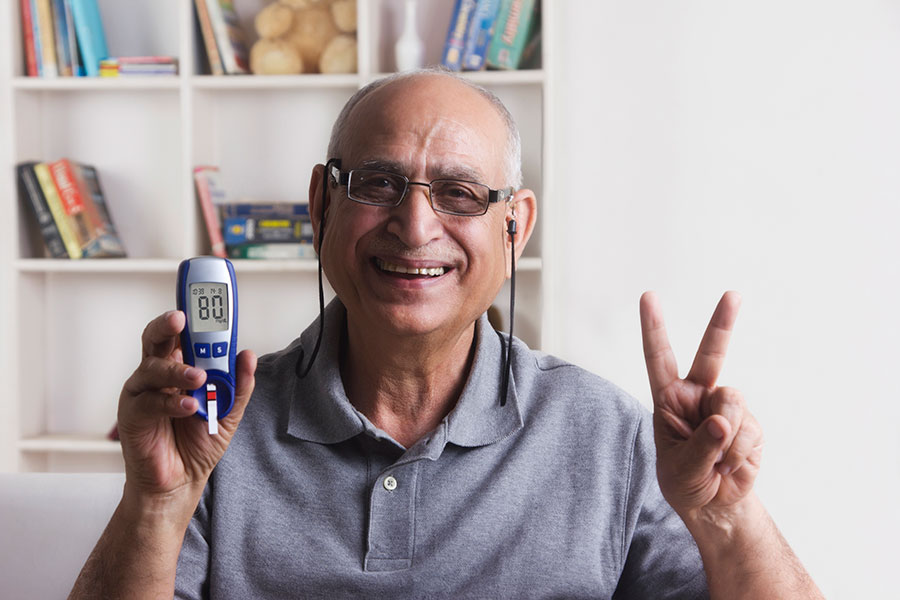We believe every interaction with our patients is an opportunity!

Diabetes, particularly type 2, is becoming more prevalent in the general population, especially in individuals over the age of 65 years. The underlying pathophysiology of the disease in these patients is exacerbated by the direct effects of aging on metabolic regulation. Similarly, aging effects interact with diabetes to accelerate the progression of many common diabetes complications. Each section in this guideline covers all aspects of the etiology and available evidence, primarily from controlled trials, on therapeutic options and outcomes in this population. The goal is to give guidance to practicing health care providers that will benefit patients with diabetes (both type 1 and type 2), paying particular attention to avoiding unnecessary and/or harmful adverse effects.
Assessment of older patients with diabetesIn patients aged 65 years and older with diabetes, we advise assessing the patient’s overall health (see Table 2) and personal values prior to the determination of treatment goals and strategies (see Table 3). (Ungraded Good Practice Statement)
In patients aged 65 years and older with diabetes, we suggest that periodic cognitive screening should be performed to identify undiagnosed cognitive impairment.
We have specialized Clinic for Old Patient at our State of Art center.
For more information call us at +91 9559442558 or click below for appointment.
| Overall Health Category | Group 1 : Good Health |
Group 2 : Intermediate Health |
Group 3 : Poor Health |
|
|---|---|---|---|---|
| Patient Characteristics | No comorbidities or 1-2 non-diabetes chronic illnesses* and No ADL€ impairments and ≤1 IADL Impairment |
3 or more non-diabetes chronic illnesses* and/or any one of the following: mild conginitive impairment or early dementia ≥2 IADL impairments |
Any one of the following: Eng-stage medical condition(S)** Moderate to severe dementia ≥2 ADL impairments Residence in a long-term nursing facility |
|
Reasonable glucose target ranges and HbA1c by group 
|
||||
| Use of drugs thay may cause hypoglycemia (e.g., insulin, sulfonylurea, glinides) | Yes |
Fasting: 90-130mg/dlb Bedtime: 90-150mg/dl < 7.5% |
Fasting: 90-150mg/dlb Bedtime: 100-180mg/dl < 8% |
Fasting: 100-180mg/dlb Bedtime: 110-200mg/dl < 8.5%ˆ |
| Yes€ |
Fasting: 90-150mg/dlb Bedtime: 100-180mg/dl ≥ 7.0 and <7.5% |
Fasting: 100-150mg/dlb Bedtime: 150-180mg/dl ≥ 7.5 and <8.0% |
Fasting: 100-180mg/dlb Bedtime: 150-250mg/dl ≥ 8.0 and <8.5%ˆ |
|
